Peptides in Korean Cosmetics.
What Peptides Are and How They Work in Cosmetic Formulations and Why They're Good for Skin.
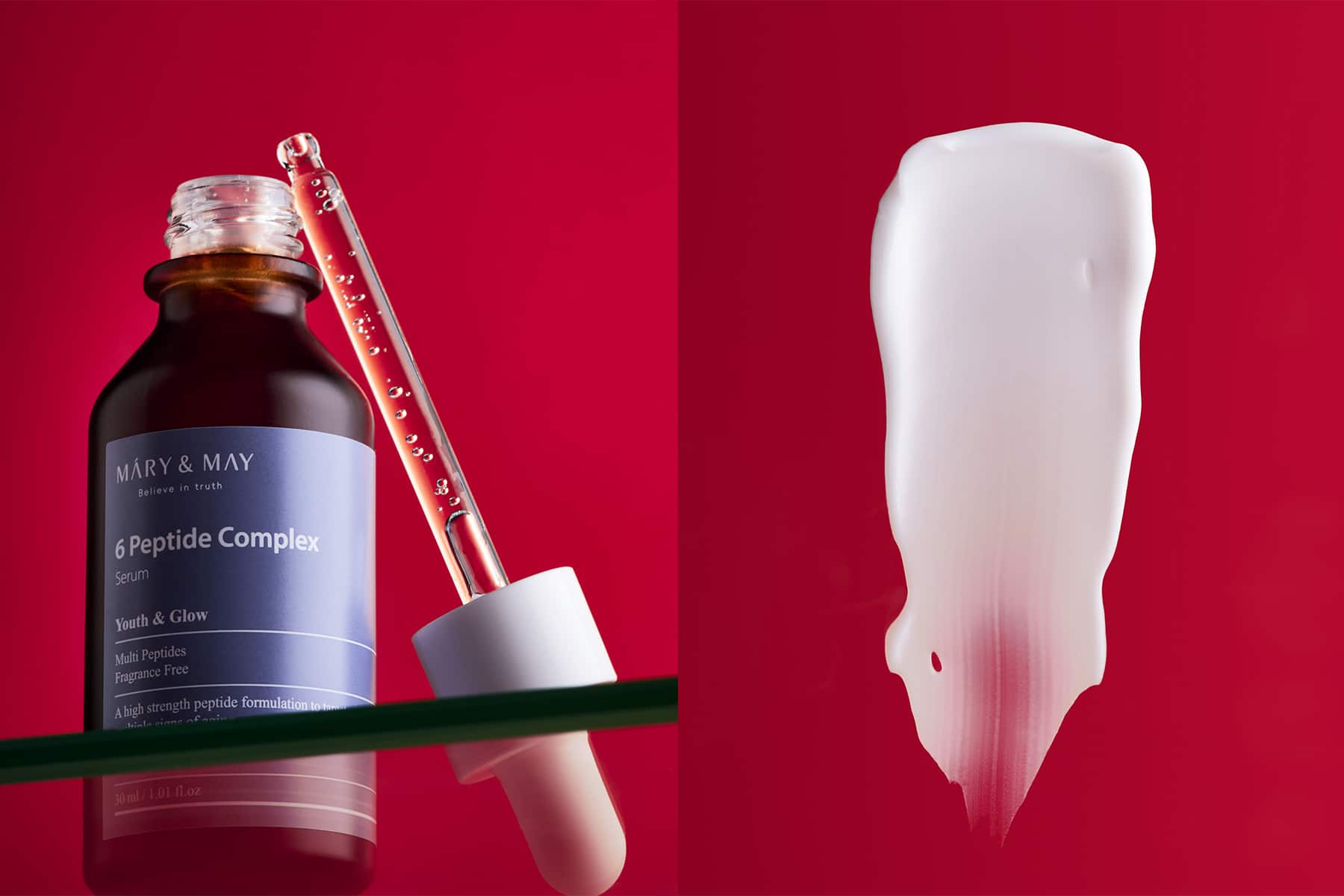
Today, peptides in cosmetics play a key role. To say that peptides have taken the world of Korean cosmetics by storm for their amazing anti-aging properties is putting it mildly. In fact, every day more and more skin care products are released based on these very important active ingredients that have the task of keeping our skin always perfect. But what are peptides really? How many and what types of peptides are there? What properties can peptides give to cosmetics? Are they harmful for the skin?
Today we dive into the world of this best Korean beauty product ingredients and answer the most common questions about this miracle ingredient from K Beauty.
What are Peptides?
Peptides are short chains of amino acids, which are in turn the building blocks of proteins. Peptides behave like messengers. In fact, the job of peptides is to give instructions to the cells so that they can combine to build these structures in the body. Examples of the product of peptides are proteins such as collagen, elastin and keratin.
What are the Fields of Application of Peptides?
The use of peptides in beauty products is just one of the many uses of peptides in medicine. In fact, peptides are among the best ingredients to help the body heal, regenerate. This includes of course, the skin, but as you might imagine, there is much more to it than that.
In fact, peptides are able to stimulate the immune system and this has a huge impact on health.
This is demonstrated by recent studies that have highlighted the contribution of peptides in fighting diseases such as cancer. In fact, a recent Italian-German study funded by the European Union, has designed peptides capable of affecting the protein-protein interface of a key enzyme in DNA synthesis crucial for tumour growth .
What are Peptides in Cosmetics? What are Peptides in Beauty Products Really Good For?
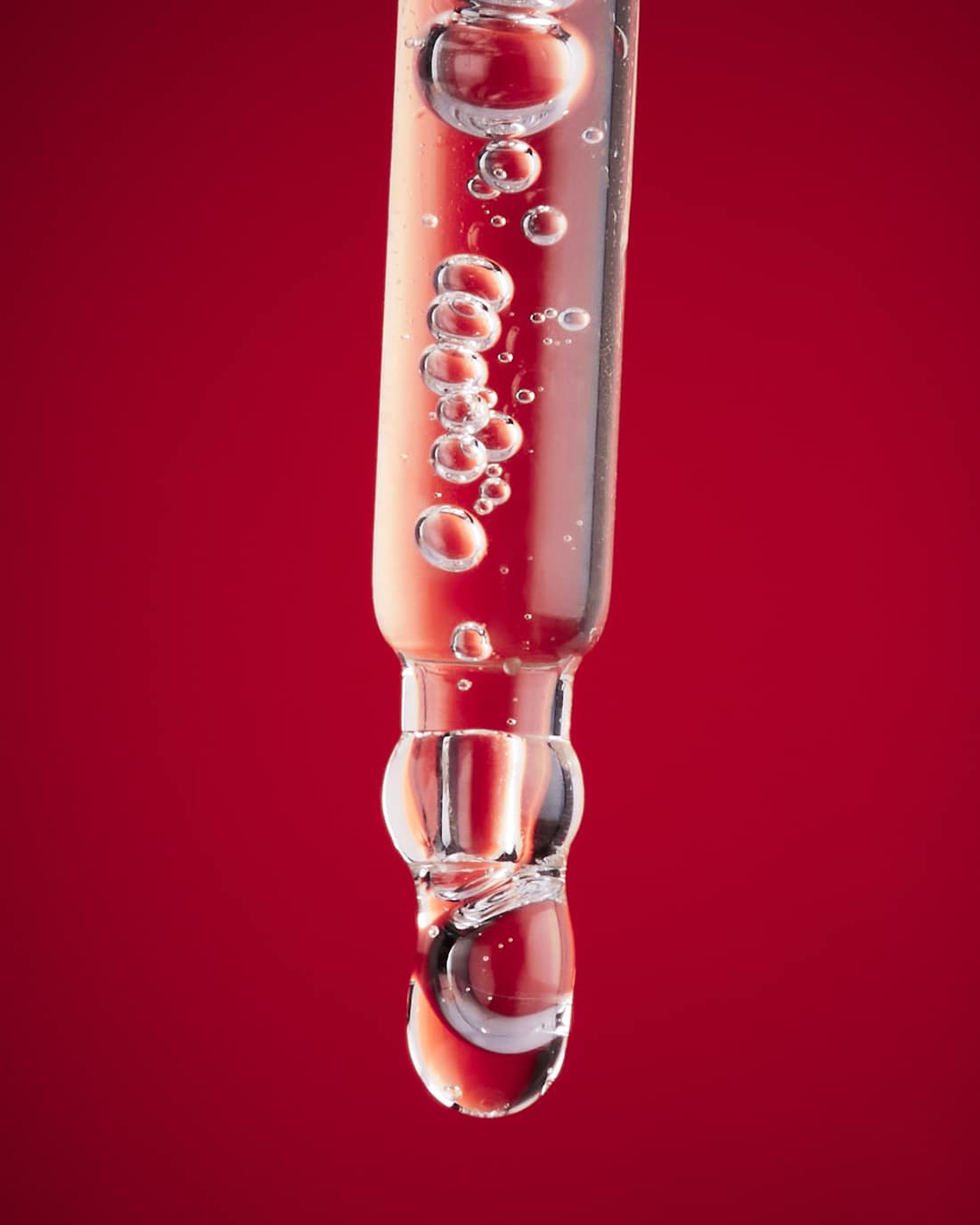
Peptides in Korean cosmetics (and beyond) are able to harness their tissue generative and regenerative abilities to improve various aspects of the skin.
Peptide-based cosmetics are able to work on several fronts at once: from stimulating collagen production to fighting dehydration, from increasing radiance to improving skin elasticity and firmness.
The use of peptides in Korean cosmetics enhances the high-tech dimension of K Beauty, which was to all intents and purposes the first niche in global cosmetics to introduce it in its product formulations.
READ: K Beauty, a Philosophy Halfway à Between Technology and Tradition.
Peptides in Korean Cosmetics: Not Only for Essences, Serums and Anti-Aging Creams!
When peptides are mentioned, products related to hydration steps like essences, Korean face serums, ampoules or anti-aging creams almost always come to mind. But they don’t.
The benefit that peptides are able to bring to the skin in terms of tissue generation makes them excellent allies also for detergents, toners and hair products.
For example, peptide cleansers have an innate ability to penetrate the skin and regulate its health. It is therefore no coincidence that Korean facial cleansers for oily, combination or acne-prone skin make great use of peptides, precisely because of their ability to promote tissue and scar regeneration.
Products such as Mizon’s Collagen Power Lifting Toner the cleanser by Pyunkang Yul or the anti acne oner always by Pyunkang yul are able to make a decisive contribution to eliminating these blemishes and obtaining a perfect skin.
And then there is the sea magnum of products based on peptides used in the stages of skin nourishment. Big K Beauty brands like Mizon, Benton or the best Korean skincare brand Mary and May. have known how to get the best out of their bouquet of natural products thanks to peptides.
We are talking about best sellers of Korean cosmetics such as the anti-ageing Collagen Face Cream, Peptide 500 serum o Mary and May serum that increases collagen production thanks to 6 groups of peptides of Mary and May. True excellence capable of sending back the clock.
Where Do Peptides Contained In Cosmetics Come From?
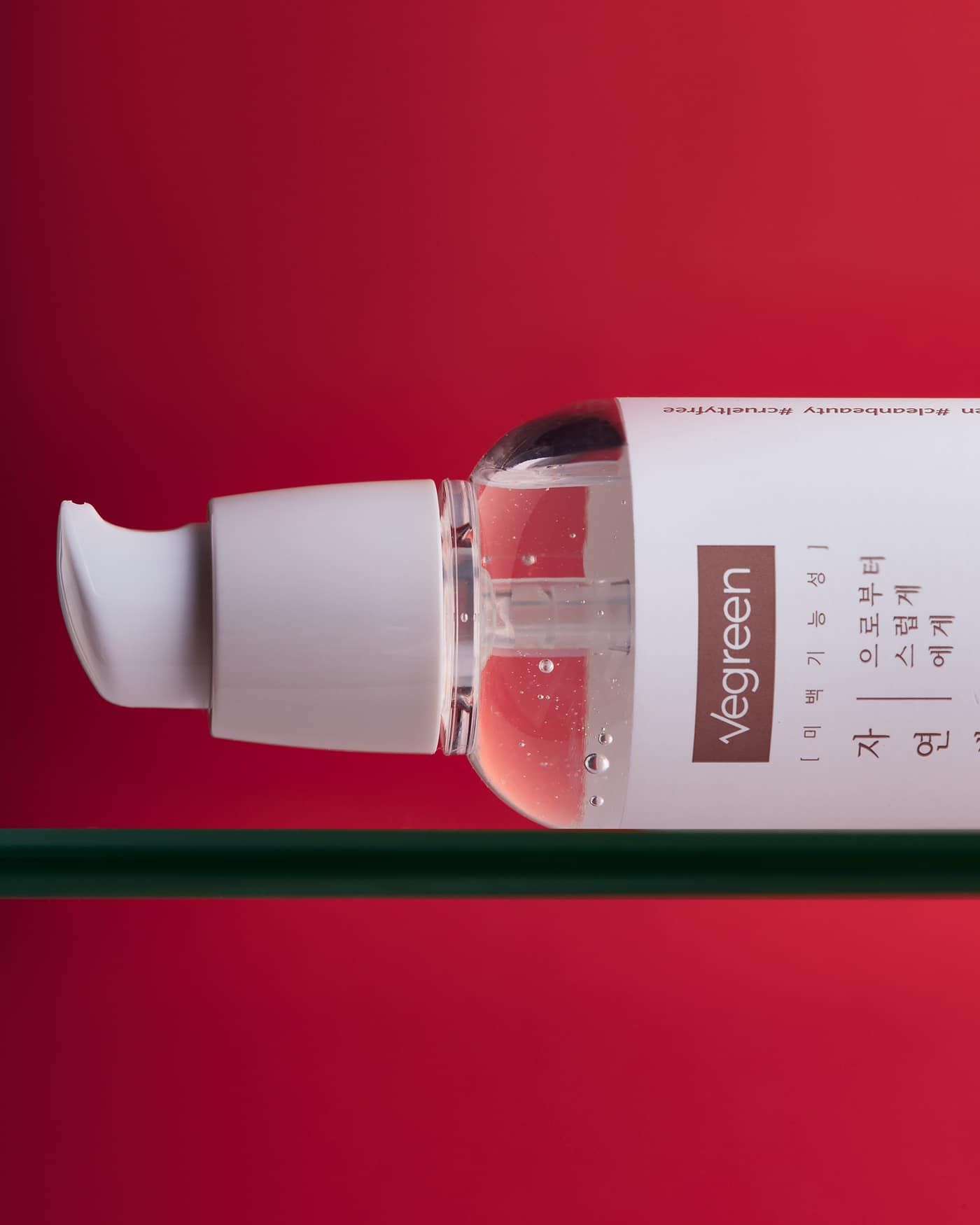
Peptides that are used in Korean cosmetics and beyond are so-called biomedical peptides. Biomedical peptides are peptides that simulate biological effects. In chemical terms, they are peptide chains of between 10 and 15 amino acids. In the vast majority of cases, they are substances produced in the laboratory, so-called synthetic substances.
However, there are also naturally derived peptides such as
- Peptides extracted from plankton: they push for the regeneration process at the basis of cellular healing.
- Joint peptides: they promote the production of collagen. For example, Irish moss, which is collected on the coast of Greenland, contains lots of them.
- Soy peptides: these peptides have formidable antioxidant power and promote the production of fibroblasts and consequently stimulate collagen synthesis.
- Peptides and amino acids extracted from rice: defend collagen from the action of the enzymes that degrade it. They balance the hydration of the skin because they promote the synthesis of hyaluronic acid.
How and Why Peptides Are Good for Skin?
Peptides are among the best ingredients in Korean cosmetics and result in a fountain of eternal youth. That’s why they are idolized by the global cosmetics industry, not just K Beauty.
Cosmetics that use peptides are virtually unbeatable in giving the skin an unprecedented level of hydration.
In fact peptides are fantastic for the skin because they defend it, brighten it Moisturize it and then increase its elasticity by stimulating collagen production.
Peptides Stimulate Collagen Production.
Peptides’ great reputation as a wow ingredient stems from the fact that they interact with fibroblasts, the body’s main collagen producers, as they carry out their messenger function.
In fact, when it comes to making your skin gorgeous, peptides are up for anything. Peptides are able to counteract the production of harmful enzymes and encourage cells to reproduce by any means, including tricking them.
For example, they send the body a false signal communicating damage that is not actually there. This is how peptides induce the skin to produce more collagen.
Peptides stimulate skin elasticity and radiance.
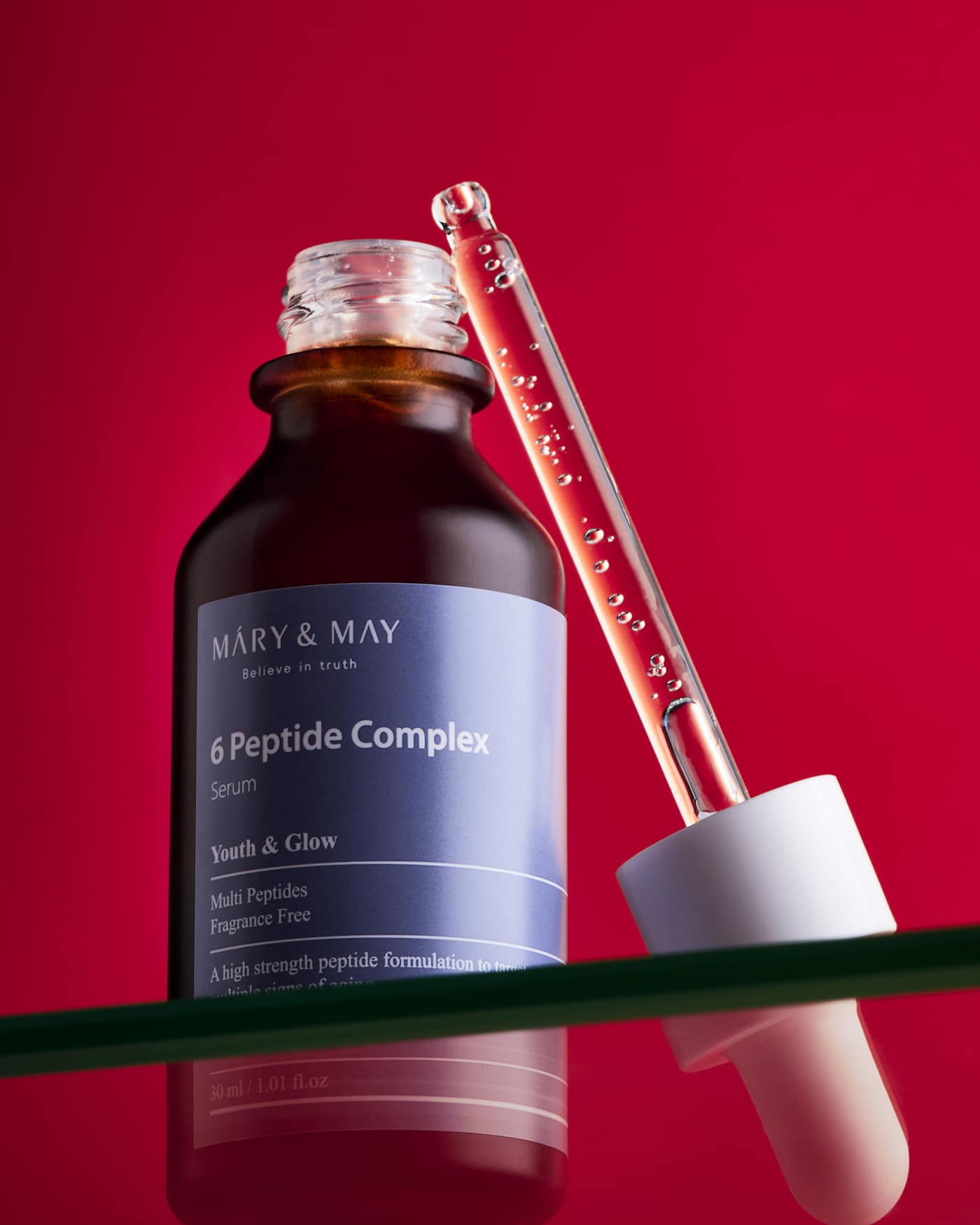
But there’s more: stimulating fibroblasts means improved skin elasticity. So it goes without saying that using peptide-based cosmetics will make your skin smoother and younger-looking overall.
Peptides Protect Skin Health.
Peptides can help rebuild muscle tissue and regulate hormones, as well as promote wound healing on our skin.
Peptides also have an effect on our immune system by promoting the production of antibodies, So they keep us healthy by fighting viruses or bacteria that enter our bodies through injuries or through contact with others.
Peptides Fight Dyschromia.
In fact, peptides are capable of one last important benefit of peptides for skin concerns fighting skin discolorations.
Peptides naturally promote blemish-free skin.
Employing peptide-based cosmetics in your routine can help you fight the onset of age spots and other unsightly signs of aging.
It is no wonder then that the Korean cosmetics industry, which is by all accounts the most advanced in the world, develops hundreds of cosmetics every year.
The Benefits of Skin Peptides at a Glance.
Peptides are great for your skin because:
- Keeps the skin healthy by fighting viruses and bacteria
- Stimulate the production of collagen and make the hair firmer
- Speed up regeneration and healing
- Promotes extra hydration
- Fight the signs of aging such as wrinkles and fine lines
- Smoothes the skin and increases radiance
- Fight spots and discolouring
How Many Types Of Peptides Are There In Cosmetics?
Peptides contained in cosmetics can be traced to 4 major categories:
- Signal Peptides
- Enzyme Inhibiting Peptides
- Neurotasmectric Peptides
And each category of peptides used in cosmetics is important to impact certain properties of the skin and make it gorgeous.
Signal Peptides.
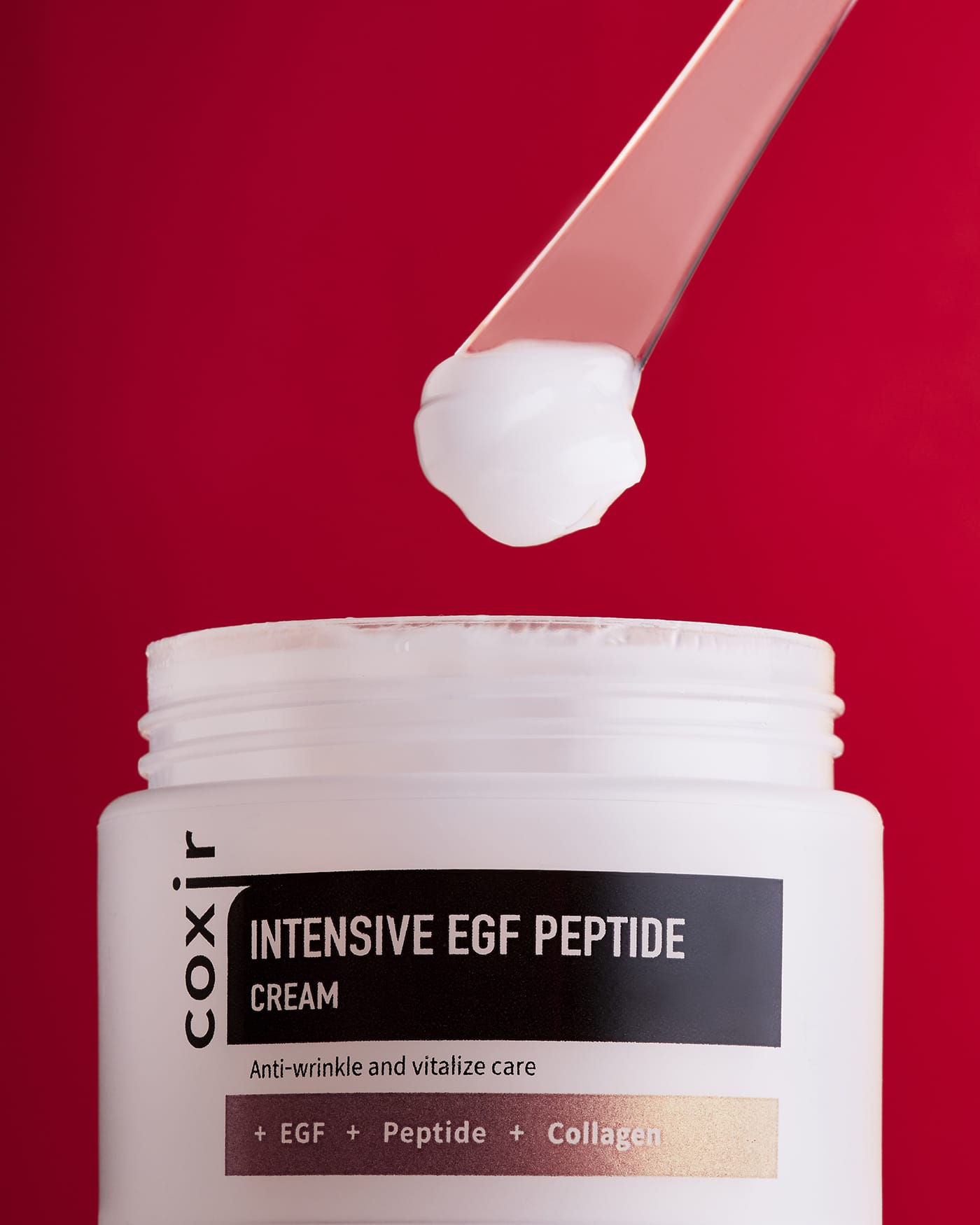
Signal peptides act on various biological processes, influencing their proper functioning. We are talking about the processes of synthesis of those elements that promote a relaxed, elastic and firm skin.
In fact, signal peptides:
- They are responsible for increased production of collagen, elastin, proteoglucan, glycosaminoglycan and fibronectin.
- Promotes a visible anti-aging effect on the skin
The following peptides belong to the group of Signal peptides:
- Palmitoyl Dipeptide-6: promotes the production of collagen types IV, IV, VII, and XVII.
- Palmitoyl Tripeptide-1: (Often referred to as Biopeptide CL) , is a safe alternative to retinoids because it does not cause irritation. In fact, it stimulates the synthesis of collagen and also the enzymes that attack it, as well as the production of elastin and glycosaminoglycans.
- Palmitoyl Tripeptide-5: (often referred to as Syn-Collun) promotes firm, elastic skin This lipo-peptide stimulates fibroblasts to produce collagen. Known, it also works by stimulating TGF-β, thus promoting skin firmness and elasticity.
- Palmitoyl tripeptide-28: this peptide emulates the activity of a natural growth factor to promote collagen type I and III synthesis. It also promotes cell regeneration while counteracting metalloproteinase.
- Palmitoyl Tripeptide-38: (often referred to as Matrixyl Synthe 6) promotes the synthesis of collagen I, III, IV, fibronectin Hyaluronic Acid and laminin 5. These are the 6 fundamental components of the epidermis as well as all connective tissues.
- lmitoyl Tetrapeptide-3: this peptide promotes the production of collagen and glycosaminoglycans.
- Palmitoyl Tetrapeptide-7: This peptide promotes the production of hyaluronic acid and native collagen.
- Palmitoyl pentapeptide-4: this biomimetic peptide promotes the production of collagen to make the dermis firmer by stimulating the production of collagen types I, III, IV, fibronectin, elastin and glycosaminoglycans.
- Palmitoyl hexapeptide-14: promotes collagen and fibroblast synthesis.
- Palmitoyl Heptapeptide-5: boosts collagen production exponentially. Up to 230% more!
- Tripeptide-1 (GHK): this tripeptide promotes the production of collagen, elastin, proteoglycans and glycosaminoglycans.
- Peptamide-6: makes the skin elastic because it increases the production of collagen, growth factors and other matrix proteins.
- Oligopeptide-10: This peptide has an important anti-inflammatory action and is therefore effective in combating certain scalp conditions such as seborrheic dermatitis and dandruff. It also has an antimicrobial function and is often used as a deodorant.
SHOP THE STORY.
STAY WELL – Deep Cleansing Bubble Mask Volcanic
COXIR – Green Tea pH Clear Cleanser 150ml
Enzyme Inhibiting Peptides.
An enzyme inhibitor peptide in cosmetics directly or indirectly inhibits the activity of enzymes.
An enzyme inhibitor peptide can:
- increase or decrease the degradation of collagen.
- affect hair growth by interfering with MMP – Matrix Metalloprotease (which breaks down collagen).
- Alter pigmentation.
The following peptides belong to the group of Enzyme Inhibiting Peptides.
Oligopeptide-20: mimics the action of the peptide responsible for wound healing and healing while promoting the production of collagen glycosaminoglycans.
- Dipeptide-2 and Acetyl Tetrapeptide-5: used to eliminate puffiness or dark circles because it promotes the reabsorption of subcutaneous accumulations of fluid (so-called edema) in the tissues.
- Cyclo: this peptide influences pigmentation because it inhibits the enzyme responsible for melanin synthesis.
- Eflornithine (often used with Eflornithine Hydrochloride) slows hair growth.
Neurotransmitter Inhibiting Peptides.
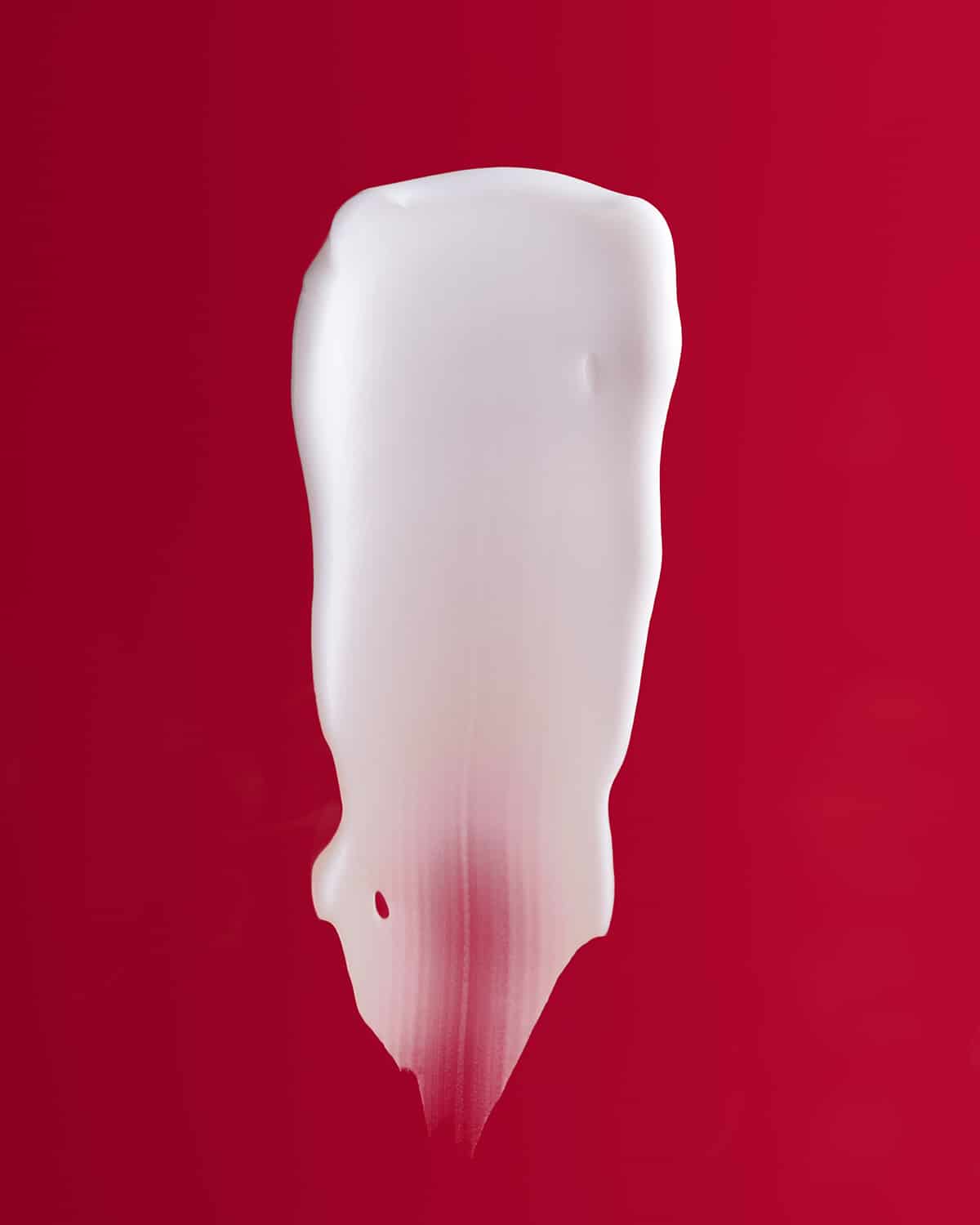
Says the science, “A group of neurotransmitter inhibitory peptides go on to suppress or reduce neurotransmitter release in the neuromuscular junction.”
Simply put, these peptides manage to set up a series of chemical interactions to block or inhibit muscle contraction. Result? Wrinkles are reduced and no new ones form.
Neurotransmitter inhibiting peptides in cosmetics give the so-called botox effect because
- regulate the transmission of nerve impulses through various biochemical interactions
- help smooth out wrinkles because they reduce the ability of muscle cells to contract
- prevent the inhibiting development of new wrinkles.
The following peptides belong to the group of Neurotransmitter Inhibiting Peptides.
- Acetyl-hexapeptide-8 (or Argireline) has a botox effect and already after a few constant applications it makes wrinkles less visible.
- Palmitoyl Pentapeptide-3 or Matrixyl. Together with Argirelin it reduces the ability of muscles to contract and alleviates the depth of wrinkles. It stimulates dermal cells to synthesize collagen and hyaluronic acid, increasing muscle tone and supporting skin elasticity.
- Tripeptide-3: a peptide that counteracts muscle contraction, emulates the “paralyzing” effect of the peptide contained in viper venom.
- Palmitoyl Hexapeptide-19: increases contraction by decreasing the communication time between nerves and muscles mimic peptide. Its microdecontracting action makes it great for eliminating fine lines and expression lines.
- Entapeptide-18: by simulating the action of enkephalins, it counteracts depression wrinkles by reducing their depth on the face and eye contour area.
Carrier Peptides, also called Carrier or Metal Chelating Peptides.
These peptides act as carriers and are able to achieve one or more skin benefits by transporting nutrient distances and bioactive molecules or by attacking metal molecules and transporting them to form new compounds.
These act in two ways:
- Facilitating the transport of nutrients, bioactive molecules or other valuable substances,
- By chelating metals, i.e. chemically bonding to them.
They belong to the group of Carrier Peptides, also called Carrier or Chelate Metals following peptides:
GHK-Cu: Among the many peptides that belong to this group is GHK-Cu , also called Copper Peptide or copper peptide. Peptides in this category attack copper molecules to form a new peptide complex that has a strong inflammatory action and at the same time promotes collagen production. As a result, it promotes elastin production, giving the skin greater elasticity and improving the appearance of wrinkles.
The result is young, soft, firm and radiant skin.
Since when should you use Peptide Based Cosmetics in your K Beauty Routine?
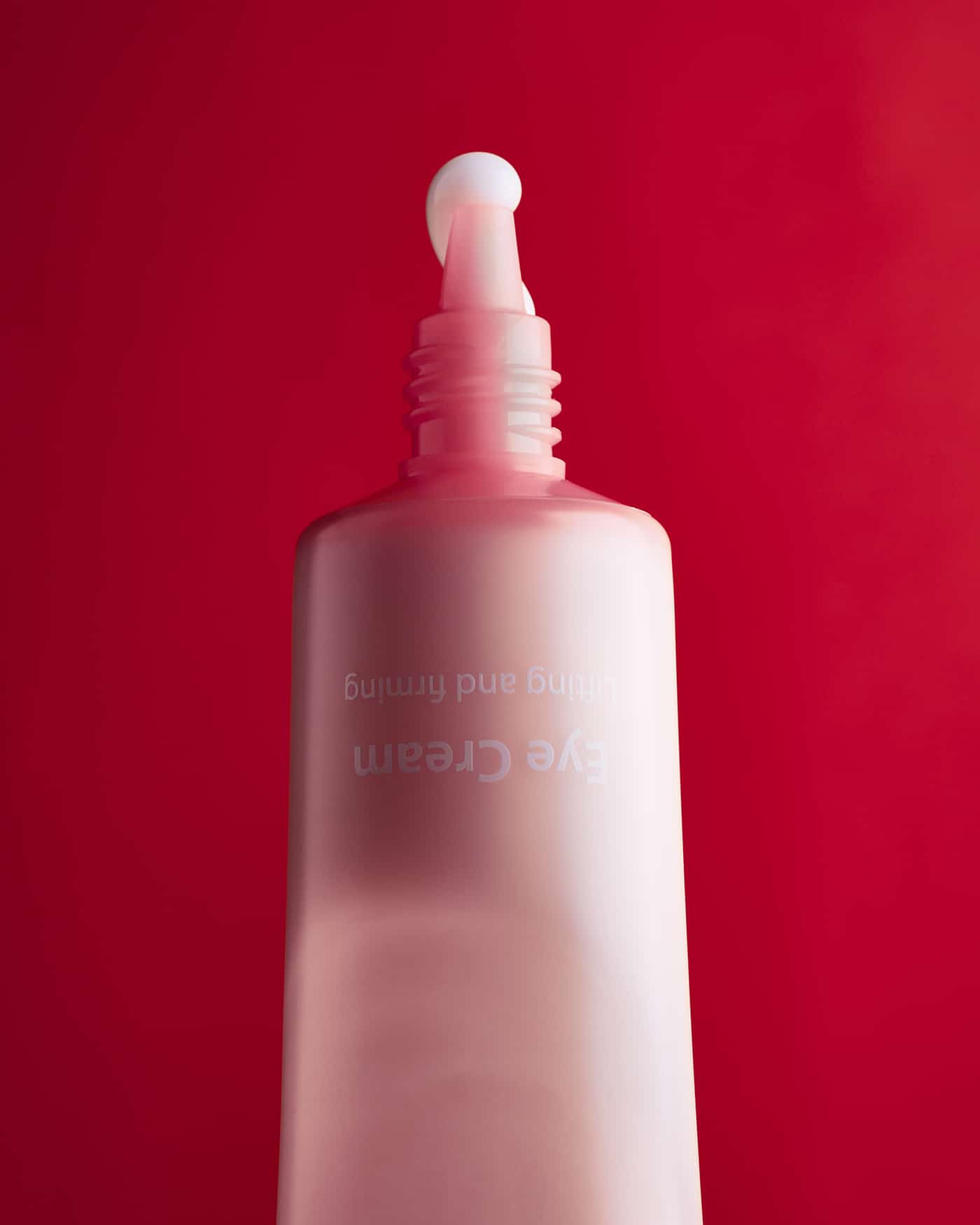
Is there a right age from which to use peptide-based cosmetics? What characteristics does the skin need to have in order to benefit from the action of peptide cosmetics? And finally, a great classic: are peptides dangerous for the health of the skin?
In our support chat some of the most popular questions are just that.
The answer is always the same. As we have seen above. the action of peptides in cosmetics depends almost exclusively on the type of peptide contained.
The action of Korean peptide cosmetics can be summarized as:
- Fighting wrinkles
- Increased taper and compactness of fabrics
- Stain removal.
Is there a Right Age for Peptide-Based Cosmetics?
The issues for which peptide-based cosmetics can help come together as the signs of aging become more apparent. This means that peptide-based cosmetics should be used from the age of 30.
How long do peptide cosmetics take to give visible results?
Another frequently asked question about peptides in cosmetics is how long do peptide cosmetics take to give visible results?
Even in this case there is no real answer for every case. In fact, the results depend on several factors:
- The characteristics of the skin: each skin type reacts differently.
- The skin issue: how extensive it is.
- The consistency and frequency of application: how often and for how long these are applied.
Are Peptides Safe To Use On Skin?
In principle, yes.
It is almost impossible for a peptide to harm the skin. However, if we think that a peptide is just a combination of bricks, its effect depends on how they are put together.
As there are multiple combinations, it could happen that some messenger peptides send a “good” message to the receptors, while others may send empty messages and thus be useless.
SHOP NOW: Buy All Peptide Products
CONCLUSION: Are Peptides in Cosmetics Really That Effective?
In conclusion, we can say that what the network calls the peptide myth in Korean (or Western cosmetics for that matter) is no myth at all.
These protein building blocks have a proven track record of delivering healthier, tighter, even-toned skin. Of course, variables like skin type, consistency, application time and the ability to choose the peptide that’s right for you can make all the difference when it comes to results.
If you’ve realized how important peptides are in Korean cosmetics, run over and browse the Korean cosmetics section dedicated to these wonderful wow ingredients and get ready to shine.
ACCUMULA PUNTI. OTTIENI I COSMETICI. RICOMINCIA.
Miloonity è il programma di fedeltà che ricompensa ogni tuo acquisto e condivisione con dei punti da impiegare per ottenere i tuoi cosmetici preferiti. E in più… tantissimi vantaggi.
1 Comment
Add comment Cancel reply
You must be logged in to post a comment.

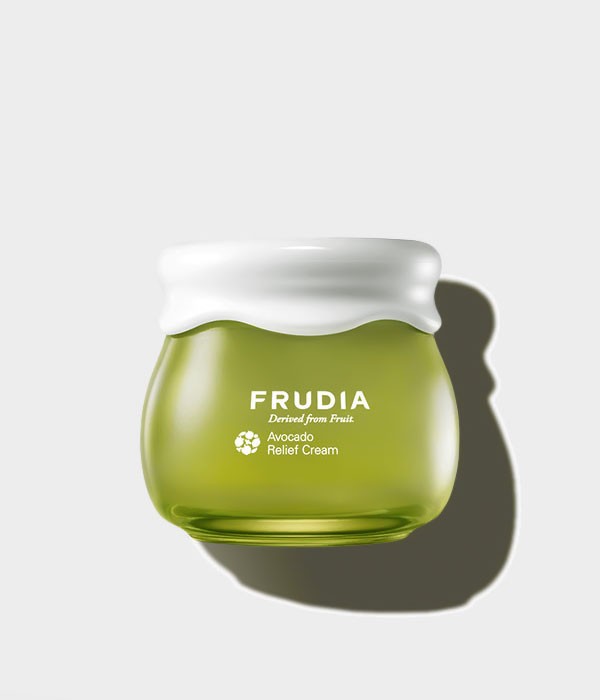

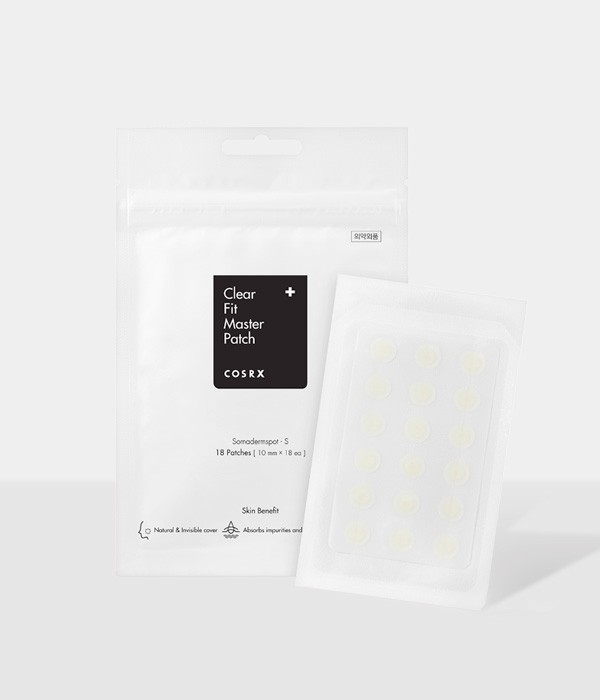
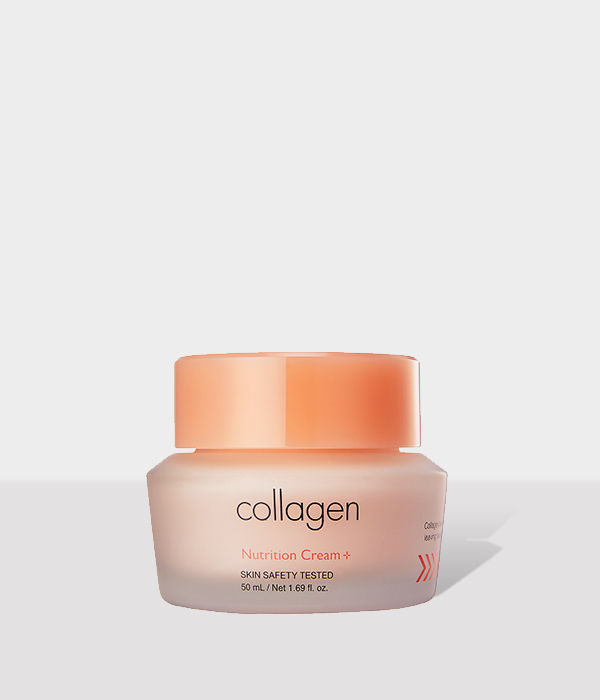
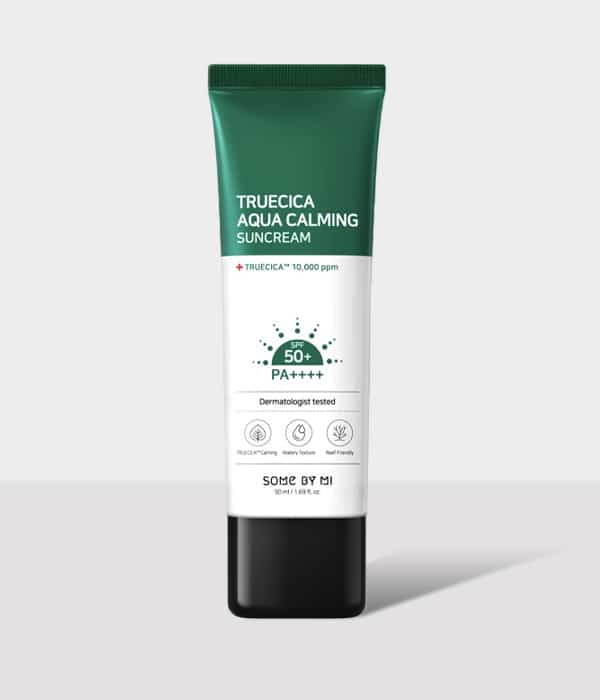
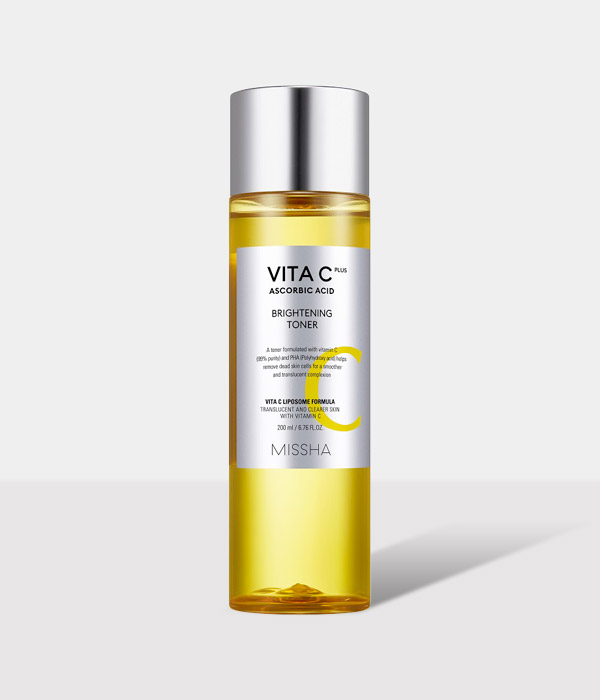

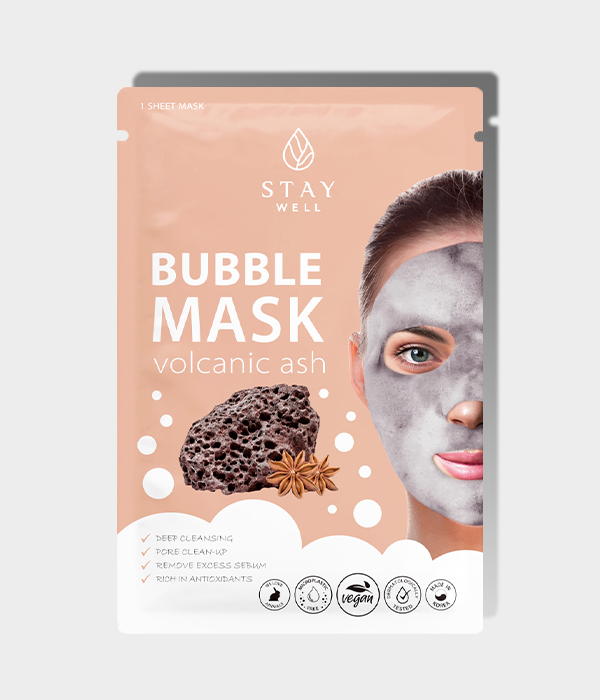
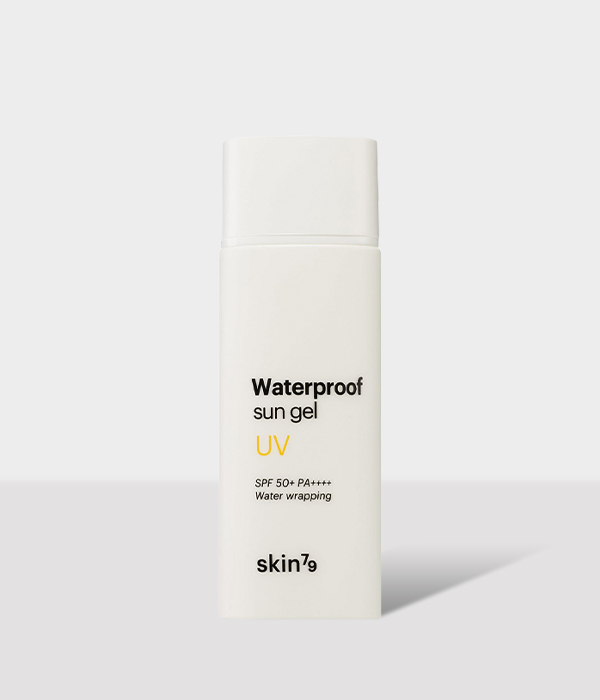

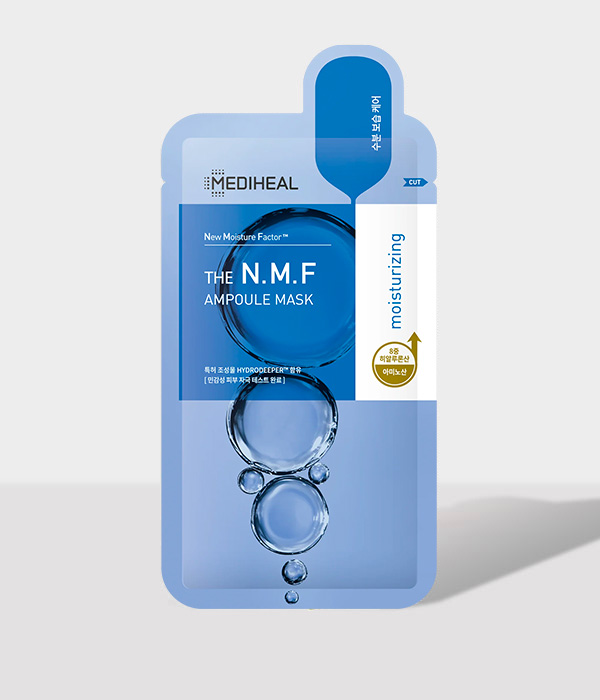
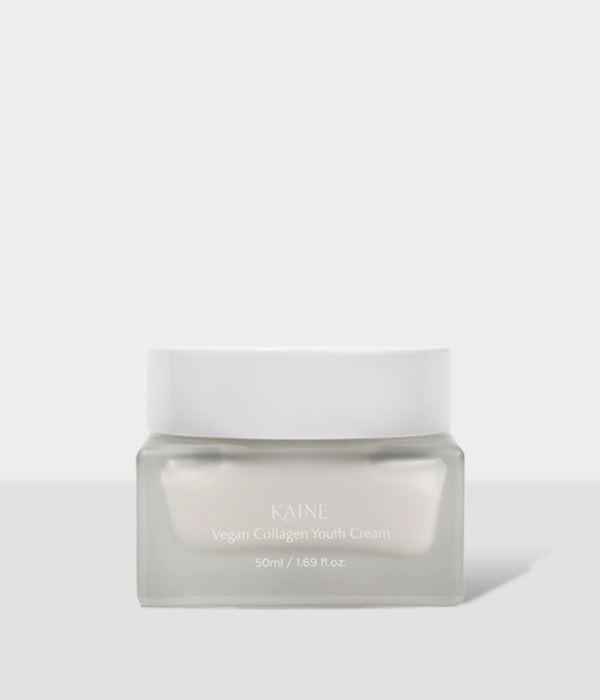
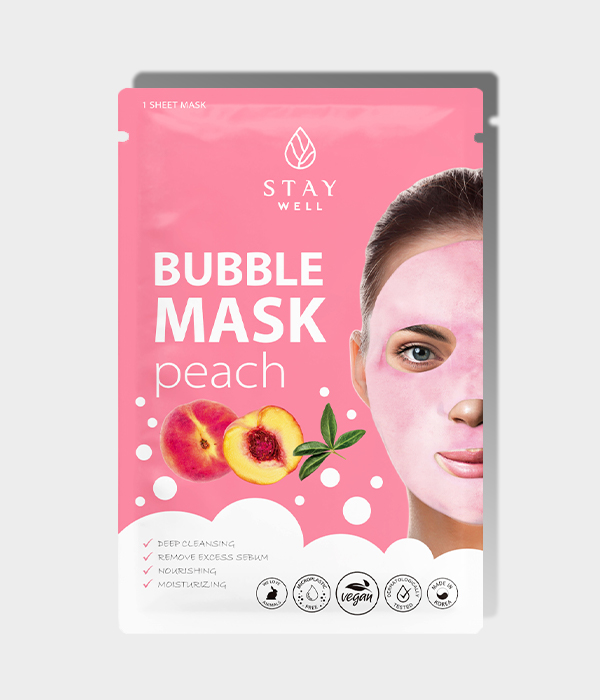
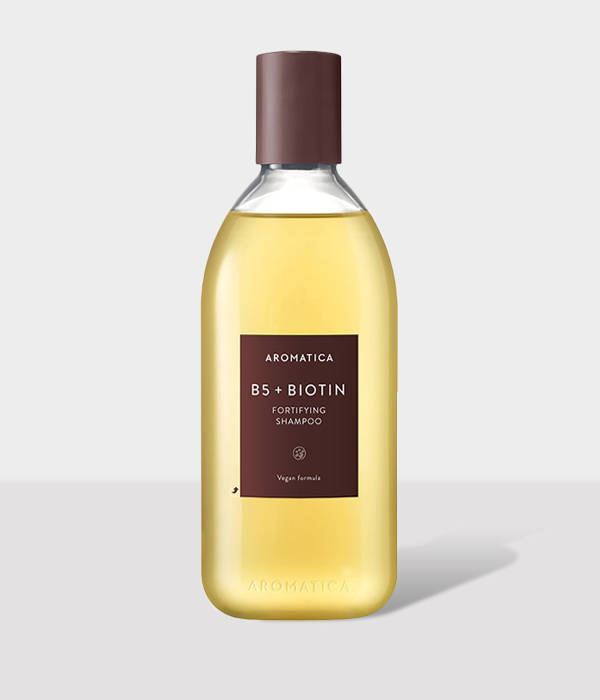
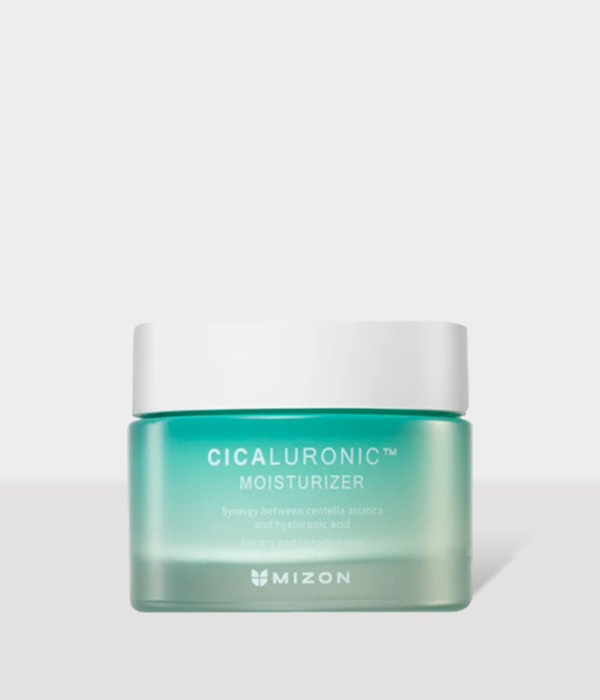
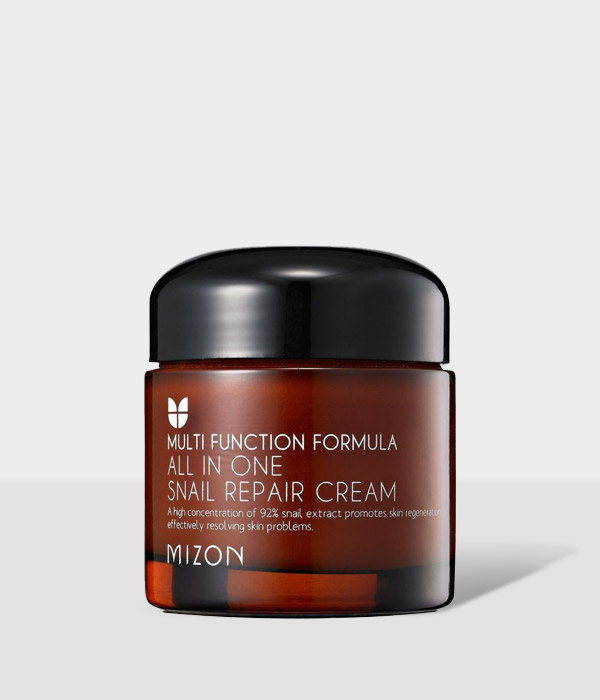

[…] READ: Can Peptides in Cosmetics Stop Time? […]